WhatsApp ‘Status’ ads could be Facebook’s strongest advertising product in India
When WhatsApp launched their ‘Status’ feature in February 2017, it was predicted that the Facebook owned messaging app was opening a gate for advertisers to communicate with its users in an unobtrusive way. The feature allowed users to share GIFs, images, and short videos with a caption or filter similar to Instagram and Snapchat.
WhatsApp has been pushing back against ads since its inception. Its founders, Jan Koum and Brian Acton, had been vocal against advertising on their platform. Earlier, WhatsApp service was free for a year after which the user was charged a subscription fee of $ 0.99 per year. That was scrapped in 2016 when Koum announced that the app would monetise communication between business and individuals at a press conference. That led to the development of the WhatsApp Business product. He added that due to the beneficence of their parent company, Facebook, revenue was not a priority.
Both Acton and Koum quit the company in 2017 and 2018, respectively.
At the Facebook Marketing Summit (FMC) 2019 hosted in Netherlands, the company announced plans to launch ‘Status’ ads that will target the user on the basis of behaviour and interest. The ads will appear only on the WhatsApp ‘Status’ tab and give users a glimpse of the ad, mentioning only the name of the advertiser. Similar to Instagram, if users want to see the entire ad they will have to swipe up like they do on Instagram ‘Stories’.
The strengths and popularity of WhatsApp are differentiated from Facebook’s other service, Messenger. While Messenger has a strong penetration in the Western markets, WhatsApp has led the penetration in developing countries like Brazil, India, Indonesia and South Africa. The app’s design reflects an old school SMS messaging service and it was built to be lean on data usage to cater to users from low data connectivity areas.
By December 2017, WhatsApp had 1.5 billion users worldwide; 400 million of those users reside in India. It drove the immensely popular BlackBerry Messenger to extinction and has outpaced other messaging apps. Communication increasingly relied on it for informal internal communication and small business owners utilised it to manage their operations.
As smartphone usage grows in the country, Indians spend 50 per cent of the time on phones between social media platforms, messaging, browsing and gaming. In a 2018 study, comScore revealed that WhatsApp contributed to 98 per cent of total minutes spent on messaging apps in India. The other two percent were spent on Facebook Messenger.
Will advertising change WhatsApp?
The nature of digital advertising is personalised targeting. WhatsApp gives Facebook direct access to 1.5 billion users. While WhatsApp does not collect user data on its own, existing users must choose to opt out of sharing their account information with Facebook to improve their ad and products experiences.
Speaking to Adgully, Shradha Agarwal, COO, Grapes Digital, said, “WhatsApp will map your account information to the Facebook database. Using data on Facebook, they can find out your name, age, interests, and target you on the basis of that. So your privacy policy would not need to change right now.”
Facebook has 241 million users in India, which recently surpassed the number of users in the US. By leveraging data across platforms, Facebook can now target users who were not using their social media service but were on WhatsApp.
Agarwal commented that a sponsored notification or update would have been the most native way of advertising. “The first thing people look at in the morning is their WhatsApp notifications before they check ‘Status’ or anything else. For ‘Status’ ads to work, the content would have to be entertaining and not take up much real estate,” she added.
Most people don’t use WhatsApp like TikTok, and more often than not ‘Status’ updates are likely to be ‘Good Morning’ messages or motivational zingers. How WhatsApp incentivizes users to create engaging content is yet to be seen.
It is unclear whether users will be able to opt in for a branded ‘Status’ update like Instagram Stories or it will appear automatically while scrolling the ‘Status’ feed like TikTok.
Grapes Digital’s Agarwal opined that unlike posts on social media people would not want to miss out of ‘Status’ updates because they are time bound and don’t take up much of the users’ time. “WhatsApp has become a way of discovering new content. Before I see a viral video on Instagram or Facebook, I discover it on one of my WhatsApp groups. It is a forward medium which has a lot of spam content.”
WhatsApp has a nifty feature where users can share their current location with other users so that they can find them. While the app may not have to change its privacy policy, but location data could play a greater role in their advertising. WhatsApp already has a nifty feature where the user can share their current location with other users so that they can find them.
“They will have to do so for targeting the right audience,” said Saket Sinha, Senior Vice President, m/SIX. “Demographic and location and the two key factors in any digital campaign and the least the industry will expect.”
The question of brand safety
Owing to its massive audience base, the Government is looking to monitor usage on WhatsApp. The platform is a powerful public influencer and people have taken action after reading its messages. The consequences of that have sometimes resulted in mob lynching due to fake news disseminated on the app.
WhatsApp has also been stalling its announcement for WhatsApp Pay in India. The UPI based peer to peer payments service was planned to launch in late 2019 but has been delayed due to regulatory roadblocks.
Advertising combined with WA Pay would be a potent mix to lure in ad monies. However, regulatory policies could have a lot of impact on Facebook’s ambitions for India.
“Privacy norms have been a discussion point for many years now with Facebook and they (Facebook) will definitely need to address this one well in advance before their advertising product is rolled out,” said Dr. Kushal Sanghvi, India Lead, Integral Ad Science (IAS).
As long as the regulatory questions remains unaddressed, even advertisers who are ahead of the curve will have doubts about the platform from a brand safety perspective, he said, adding, “Given that larger global advertisers could be regular's here, it is critical to get it right from the start.”
WhatsApp has the potential to be the platform of choice for every kind of advertiser, as long as Facebook can create the right audience segments, felt Sanghvi.
“Not just mass brands, but those wanting to target smaller audiences will go to WhatsApp for a branding opportunity. Digital marketers would look at deriving business KPI's of performance marketing via WhatsApp. It could very well become part of every media plan in time to come,” he added.
Consumer reaction
When social media commentator Matt Navarra leaked the news that WhatsApp Status would get ads in 2020, the reactions were predominantly negative.
Coming Soon to @WhatsApp...
- WhatsApp Status (Stories) to get Ads in 2020
- WhatsApp for Businesses to get richer messaging format options
- WhatsApp product catalog to be integrated with existing Facebook Business Manager catalog
h/t + 📸 @Olivier_Ptv
at #FMS19 pic.twitter.com/Z5LsbADNbP
Some users commented that they would quit the messaging service and opt for other apps like Telegram. This has happened in the case of Twitter, when users showed their displeasure over bias on Twitter by moving to social media service Mastodon.
Experts agree that introducing ads will lower the esteem of WhatsApp in the minds of the user but only for a short term.
Sinha from m/SIX pointed out that with a reach of 400 million, WhatsApp has replaced the use of SMS in India and is an integral part of every Indian’s life. It is a given that advertisers will have to tread carefully to not infringe on users privacy.
Sanghvi from IAS concurred, saying that consumers will have some resistance to advertising but will get accustomed to it in time.
According to Grapes Digital’s Agarwal, “Even if an evolved user is turned off by ads and wants to quit, he doesn’t have many other options because everyone else is on WhatsApp! In India, if I say I want to quit WhatsApp and go to Telegram, I will be disconnected.”
There will be hardly any drop because of this, she concluded.
Also Read:
HDFC Life adds to customer convenience by offering LifeEasy & WhatsApp Chatbot ‘Etty’
Facebook joins the list of Payment Services with ‘Facebook Pay’



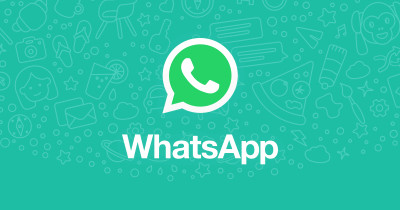


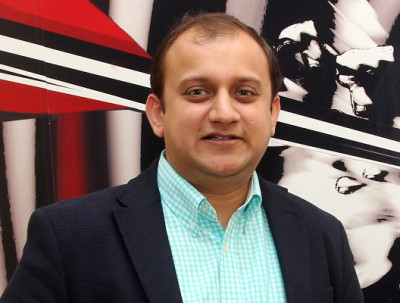
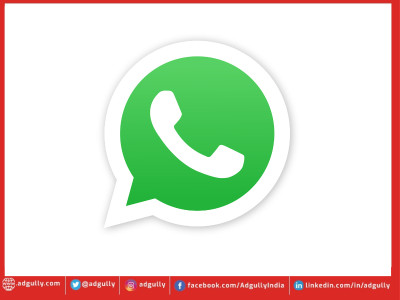


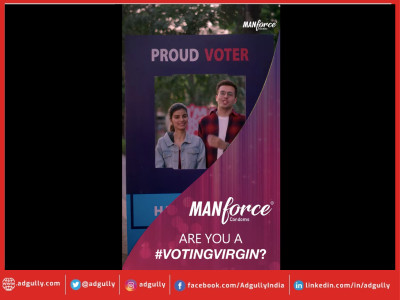
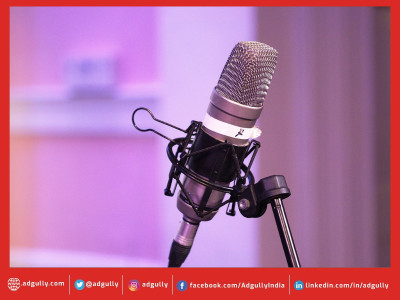
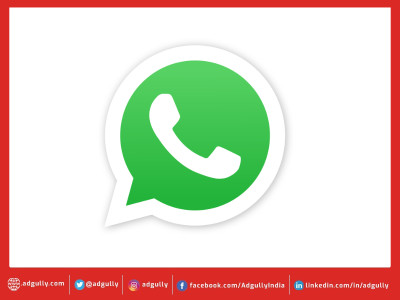
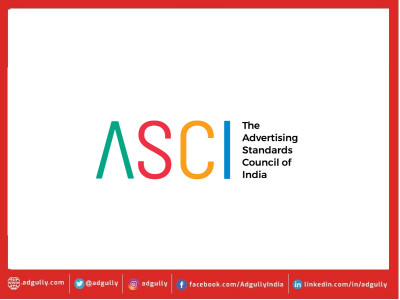
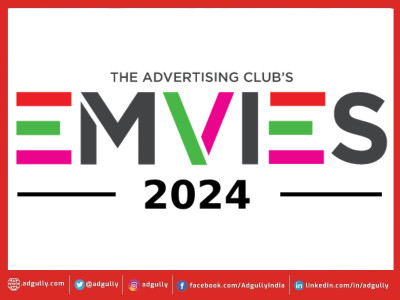


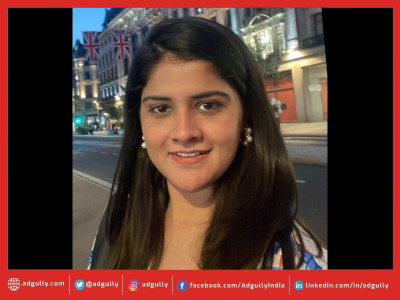



Share
Facebook
YouTube
Tweet
Twitter
LinkedIn